Domanda per il nostro gruppo di esperti di gestione delle entrate:
Quali informazioni sono più importanti per gli hotel durante le previsioni? A quali dati dovrebbe essere data la priorità dai team di revenue management? (Domanda proposta da Daniel Feitosa)
Pannello di esperti del settore
Il nostro gruppo di esperti del settore è composto da professionisti del settore dell'ospitalità e dei viaggi. Hanno una conoscenza completa e dettagliata, esperienza nella pratica o nella gestione e sono lungimiranti. Stanno rispondendo a domande sullo stato del settore. Condividono le loro intuizioni su argomenti come la gestione delle entrate, il marketing, le operazioni, la tecnologia e discutono delle ultime tendenze.
Il nostro gruppo di esperti di gestione delle entrate
- Chaya Kowal - Direttore della gestione delle entrate, capofamiglia delle patate
- Theresa Prins – Fondatrice, Risoluzioni sulle entrate
- Daniel Feitosa – Specialista in gestione delle entrate
- Tanya Hadwick - Leader del fatturato e del rendimento del gruppo, SunSwept Resorts
- Krunal Shah - Direttore del distretto delle entrate, Dorsett Hospitality International
- Heidi Gempel – Fondatore, HGE International Pte Ltd
- Silvia Cantarella – Consulente Revenue Management, Revenue Acrobats
- Edyta Walczak – Esperta di gestione delle entrate
- Massimiliano Terzulli – Consulente Revenue Management, Franco Grasso Revenue Team
- Mariska van Heemskerk – Proprietario, Revenue Management Works
- Heiko Rieder – Professionista della gestione delle entrate
- Sergio Sartori – Group Senior Manager Revenue, Ruby GmbH
- Nikhil Roy – Responsabile delle entrate e dei prezzi, Key Hospitality BV
- Fai una domanda al nostro panel
- Unisciti al nostro gruppo di esperti
“Le previsioni pre-pandemia e post-pandemia differiscono leggermente, nel senso che i dati passati non sono più realmente rilevanti. I dati passati e la segmentazione sono stati la base per tanti revenue manager e team di vendita che conosco ed erano un fattore importante da prendere in considerazione per le previsioni.
Anche le previsioni sono diventate ancora più importanti al giorno d'oggi poiché molti hotel operano con personale ridotto e ciò consentirà ai team operativi di pianificare meglio i propri programmi.
In questo momento abbiamo a che fare con un mercato molto volatile e le tendenze non sono affatto coerenti. Le restrizioni di viaggio vengono costantemente modificate/aggiornate, il che influisce anche sul comportamento dei consumatori. Pertanto, al giorno d'oggi, il processo decisionale in termini di prezzi e strategia può rappresentare una sfida per molti revenue manager.
Non posso dire che ci sia un'informazione più importante per la previsione. Il Revenue Management è l'utilizzo efficiente di dati provenienti da diverse fonti per essere in grado di prendere decisioni corrette su prezzi e previsioni.
Le basi, ovviamente, rimangono le stesse: dati contabili, domanda, tendenze future, tempi di consegna, ritiro, durata del soggiorno, vacanze, eventi speciali, stagionalità generale, stagionalità della nazionalità, segmenti, attività di gruppo, attività aziendale (principalmente per città hotel), traffico di ricerca per la destinazione/per l'area in cui si trova l'hotel, traffico sul sito web del marchio, approfondimenti OTA sul mercato e sul comportamento dei consumatori, giorno della settimana rispetto alla domanda/tendenze del fine settimana, ecc.
I dati e le informazioni lungimiranti relativi alla pandemia sono diventati un aspetto ancora più importante per le previsioni in questi giorni.
- Osservare come i diversi mercati si adattano ai viaggi con la pandemia: influisce sulla LOS, sui tempi di consegna, ecc.?
- Stiamo anche prendendo in considerazione dati aggiuntivi come restrizioni di viaggio, requisiti per il visto, ecc. relativi alla pandemia.
- Monitoraggio delle cancellazioni.
- Il mercato principale è cambiato? Se il mercato principale si è spostato verso i paesi nazionali o limitrofi, come ha influito questo sull’ADR e per quanto tempo continuerà ad essere così?
- I tuoi Top Account stanno cambiando? Cosa rappresenta questo per le vostre tariffe e occupazione?
- Come cambieranno le restrizioni di viaggio per la destinazione nei prossimi mesi? Quali paesi potranno viaggiare verso la destinazione? Oppure le persone preferiscono viaggiare anche a livello nazionale/nella propria regione?
- Le persone preferiscono destinazioni senza quarantena? La destinazione prevede una quarantena all'arrivo?
- Le persone prenotano soggiorni più lunghi e preferiscono camere/suite o ville più spaziose?
- Le persone sono disposte a spendere di più, a rimanere più a lungo e a concedersi il lusso di categorie di camere più elevate (dato che potrebbero non aver viaggiato per molto tempo)? Sono disponibili molti sondaggi sui feedback di persone in tutto il mondo.
- Quali sono le tendenze imminenti: ricerche per paese, dati di ricerca di voli, analisi di siti Web, ecc.
- Qualche cambiamento demografico?»
“A differenza del periodo pre-COVID, il fattore più importante da utilizzare per le previsioni è l’attuale modello di domanda riscontrato negli ultimi 21-28 giorni. Non è possibile utilizzare i dati dell'anno scorso o dell'anno precedente poiché lo status quo è cambiato. I dati relativi ai giorni della settimana sono ancora molto rilevanti considerando l’attuale modello di domanda, così come il comportamento dei gruppi di segmentazione del mercato. I giorni festivi/bancari e gli eventi svolgono ancora un ruolo.
Potrebbe non essere così significativo come prima, ma generalmente avrà un impatto sulla tua previsione. Un fattore influente nuovo per il nostro modulo di previsione che ora gioca un ruolo importante sono le restrizioni di viaggio dal proprio Paese e i mercati di supporto, nonché i numeri dei casi COVID e le opinioni degli esperti su nuove ondate di casi, ecc.”.
“Dati storici (stesso momento e risultati passati), calendario degli eventi, informazioni sui libri, ritmo delle prenotazioni e segmentazione. Da una prospettiva di alto livello, poter vedere il ritmo di prenotazione è l'informazione più utile. Ciò ti consente di vedere quando e quanto velocemente arrivano le prenotazioni per qualsiasi data. e quando monitori i dati, puoi confrontare e prevedere le date. Con le informazioni sul ritmo, puoi suddividerle per segmento, data dell'evento e categoria di stanza e qualsiasi altra analisi "micro".
“In questi tempi di transizione legati al COVID, non possiamo più fare affidamento sui nostri dati passati (strategie di prezzo precedenti, tendenze storiche della domanda da OTB ai ricavi raggiunti) e dobbiamo concentrarci sui dati della domanda futura, guardando la situazione attuale e comprendendo la domanda. tendenze.
Quando si guarda On The Books è davvero necessario guardare cosa sta andando bene per segmento, valutando nuovi modelli di comportamento dei clienti, utilizzando il database dei clienti e i social media per valutare le esigenze attuali e future al fine di promuovere al momento giusto per garantire la domanda richiesta .
Guarda le statistiche attuali su prenotazioni, cancellazioni, modifiche per assistere nella previsione dell'affidabilità dei dati OTB. L'analisi del mercato, le tariffe dei concorrenti, la comprensione dei fattori del trasporto aereo (per i resort sulle isole) hanno tutti un impatto sulla potenziale domanda futura poiché è necessario analizzare il mercato e i fattori interni ed esterni che potrebbero avere un impatto.
L’accuratezza dei dati nei sistemi è importante, soprattutto perché dobbiamo preparare scenari per garantire che tutti siano preparati ai potenziali impatti e possano reagire rapidamente. Tutte le informazioni che valutiamo nel creare una previsione sono importanti, altrimenti non dedicheremmo tempo alla raccolta e all'analisi. Tuttavia, garantire che i dati OTB attuali siano accurati sarebbe una priorità per iniziare a valutare la domanda futura”.
“Le previsioni dipendono dalla pertinenza e dalla disponibilità di dati storici reali e dal periodo che deve essere previsto. È molto importante sviluppare un processo di previsione per previsioni accurate. Condizioni di mercato sconosciute, domanda e offerta, sensibilità ai prezzi e fluttuazioni delle tariffe stabilite vengono tutti presi in considerazione durante le previsioni per un periodo specifico.
La previsione è sempre stata un misto di motivazione e interesse personali seguiti da un processo matematico che analizza una grande quantità di dati. È anche molto importante comprendere lo scopo della previsione e cosa si desidera ottenere dai numeri della previsione.
Gli eventi speciali devono essere presi in considerazione durante la previsione, guardando allo stesso periodo dell'anno scorso e ai numeri di budget richiesti. Al giorno d'oggi i sistemi di Revenue Management dispongono di strumenti di previsione integrati per aiutare i gestori/direttori delle entrate a fare previsioni accurate. È sempre Garbage in – Garbage out. Quanto più accurati sono i dati inseriti nell'RMS, tanto più accurati saranno i risultati di previsione che otterrai.
Dal mio punto di vista, quando faccio previsioni per un hotel/resort, condivido anche con i team interessati per capire come possiamo raggiungere i numeri previsti. Ad esempio, se è necessario fare un'offerta promozionale per raggiungere la cifra prevista o qualsiasi guadagno incrementale che possa contribuire al raggiungimento del risultato finale."
“A questo punto, le previsioni a breve termine (prossime 4 settimane e meno) sono guidate dalla performance storica con la differenza che vengono prese in considerazione solo le ultime settimane (piuttosto che il confronto con i mesi o addirittura gli anni precedenti). Il ritmo e la ripresa delle ultime settimane, insieme agli annunci politici del governo su restrizioni e misure. sono gli indicatori più importanti in questo momento.
Ciò determinerà l’accesso alla destinazione e se/quante persone potranno incontrarsi e le possibili restrizioni sul lavoro. Le previsioni oltre le 3-4 settimane sono molto fluide al momento. È necessario formulare ipotesi generali sulla base della politica del governo”.
"Le previsioni sono cambiate radicalmente dopo il covid poiché i dati storici hanno perso importanza e l'attenzione si è concentrata sulle nuove tendenze: intenzioni di ricerca e conversioni (quante visite e ricerche sul nostro BE o sito web rispetto alle conversioni), quali fonti geografiche (restrizioni di viaggio e corridoi di viaggio ), quali rotte aeree vengono aperte e mappe dei voli, che tipologia di piani tariffari vengono prenotati (flessibili vs promo vs prepagati), l'analisi del segmento e del target (dal singolo segmento al target coppie, famiglie, solo viaggiatori) e ovviamente la finestra di prenotazione.
La storia non è del tutto dimenticata, ma ad esempio tendo a utilizzare periodi di riferimento molto ravvicinati come le settimane e/o i mesi passati per tracciare un trend. È anche ottimo utilizzare il benchmark per confrontare la curva di crescita con il mercato e quanto siamo lontani dagli indici pre-pandemia”.
“Gli eventi recenti hanno evidenziato che fare affidamento sui dati storici per le previsioni e i prezzi era troppo rischioso, quindi i revenue manager hanno dovuto adattare e modificare la loro metodologia di previsione. Dovremmo affidarci maggiormente ai dati lungimiranti piuttosto che ai dati storici. Poiché non possiamo fare affidamento sulle tendenze passate quando facciamo previsioni, possiamo invece adottare previsioni a breve termine, attribuindo maggiore peso alla storia a breve termine. Oltre a monitorare e analizzare le prestazioni delle ultime due o tre settimane, dovremmo anche considerare:
- Restrizioni di viaggio globali e nazionali, blocchi, distribuzione di vaccini e misure di distanziamento sociale
- Livelli di viaggio aereo
- Cambiamenti nel comportamento dei visitatori, nel potere di spesa e nelle aspettative
- Rimpianti e smentite
- Tendenze di ricerca e analisi di Google
- Ritmo di prenotazione e tempi di consegna
- Analizza la pipeline dei gruppi, calcola la conversione e il lavaggio dell'allocazione
- Trend di mercato
- Eventi che stimolano la domanda”
“In tempi pre-covid, il Forecasting era definito come l’analisi di dati storici e futuri al fine di prevedere la domanda per ogni giorno dell’anno e poi prendere sagge decisioni strategiche su prezzi, offerta commerciale, gestione del personale, servizi da offrire e ottimizzazione dei costi.
La pandemia ha messo in discussione questo modello, ma l’analisi di un mix di dati storici e futuri rimane fondamentale. Ciò che può cambiare è il tipo di dati presi in considerazione. Se prima del covid i dati storici (tasso di occupazione, ADR, segmentazione per canale, tipologia camere ecc.) presi in considerazione erano relativi allo stesso giorno dell'anno precedente, durante la pandemia erano più relativi allo stesso giorno della settimana precedente, se non al giorno Prima.
Tuttavia, nel caso di Paesi tornati quasi alla normalità grazie alle vaccinazioni, i dati storici di grande importanza possono riguardare lo stesso giorno del 2019 o del 2018, gli ultimi anni normali prima del covid. Soprattutto nel caso di eventi che si tenevano in epoca pre-covid, cancellati o rinviati durante la pandemia, e ora gradualmente ripresi.
Nel caso dei dati futuri, prima del covid, abbiamo considerato in particolare i ritiri, l’occupazione sui book, la finestra media di prenotazione, la velocità di inserimento delle prenotazioni, gli eventi e una panoramica generale dei competitor. Oggi, in tempo di pandemia, si tende inevitabilmente a dare uno sguardo a parametri medico-scientifici come l’indice Rt (che determina l’espansione o la regressione della pandemia a seconda che il valore sia superiore o inferiore a 1, cioè quanto molte persone vengono infettate in media da una persona), il tasso di vaccinazione, il tasso di ospedalizzazione, il tasso di mortalità, insieme a fattori stagionali, ambientali, sociali e politici che possono avere una relazione diretta con l’evoluzione della pandemia e quindi con la volume della domanda prevedibile per un certo periodo di tempo.
E questa analisi va effettuata sia all'interno della propria micro o macro-destinazione, sia in tutte quelle destinazioni che possono rappresentare mercati di origine.
Inoltre, è importante considerare ovviamente il livello di offerta in un dato territorio, ovvero quanti e quali hotel sono temporaneamente o permanentemente chiusi a causa del covid e quante nuove aperture sostituiranno le chiusure».
“Ritengo che alcuni dei dati più importanti siano i seguenti:
- Raccogli le tendenze
- Stessi dati puntuali (OTB rispetto alla quantità di ritiro LY)
- Prezzi della concorrenza rispetto ai tuoi stessi prezzi
- Calendario degli eventi inclusi i dettagli su partecipanti/ospiti/visitatori
- Gruppi sui libri (definiti): lavaggio vs ritiro previsto
- Gruppi sui libri (opzioni)
Ma con tutti questi dati e il modo in cui il panorama è cambiato durante gli ultimi 2 anni di Covid, tutto si riduce a come interpretare questi dati e concentrarsi sulle tendenze più recenti, ad esempio, come è stata la ripresa durante il nelle ultime settimane, quando vedremo una ripresa e quali sono le ultime restrizioni non solo sulla tua posizione ma anche sulle posizioni di origine dei tuoi clienti principali.
Quando il mercato si riprende, cerca le nuove tendenze di viaggio poiché il settore è cambiato. Utilizzerei comunque sempre i dati di cui sopra, ma per ogni previsione tutto dipende da ciò che facciamo con questi dati e dai sistemi di acquisto (RMS) che possono aiutarti a tenere traccia delle anomalie e supportare le previsioni.
“Dopo aver riconosciuto il fatto che la pandemia ha reso i dati storici inutili per la previsione della domanda a causa dei comportamenti di prenotazione in continua evoluzione, l’attenzione sui dati lungimiranti della domanda è aumentata immediatamente e fortunatamente i fornitori di tecnologia hanno reagito rapidamente a questo requisito.
Per quanto riguarda i dati previsionali, esistono diverse opzioni per fornire un'indicazione sulla domanda per il futuro.
- Attività propria sui libri contabili, suddivisa in segmenti o canali
- Affari sui libri contabili della concorrenza, suddivisi in segmenti o canali
- Previsione della domanda basata sul comportamento di ricerca di GDS, OTA o motori di ricerca per destinazioni specifiche
La decisione su quali dati utilizzare per la previsione dipenderà dalla posizione, dall'ubicazione o dal mercato di un hotel. Un hotel con un punto di vendita unico e significativo probabilmente non si preoccuperà molto dell'occupazione futura degli altri hotel, ma sarà invece più interessato alla domanda prevista per la regione nel suo insieme e al loro ritmo. Al contrario, per gli hotel che operano in mercati molto competitivi, è molto importante il tipo di attività in atto nel contesto competitivo e il modo in cui si confrontano.
Quando si correlano dati diversi provenienti da più fonti contemporaneamente, la trasparenza probabilmente ne risentirà. Più dati vengono mescolati per la generazione delle previsioni della domanda, più diventa complesso comprendere i fattori che determinano le previsioni della domanda”.
“I dati più importanti sono i numeri di ritiro così come i numeri passati. Con i dati passati si possono riconoscere modelli che possono essere adattati ai mesi successivi. Inoltre, le analisi della domanda relative a un mercato forniscono indicazioni importanti per una previsione accurata”.
“Ci sono diversi punti da considerare durante la previsione. Uno dei punti dati vitali per la gestione delle entrate sono i dati di prenotazione/prenotazione. Ciò riguarda il momento in cui è stata ricevuta la prenotazione e quando è stata consumata. Durante la previsione, preferisco utilizzare il metodo di ritiro avanzato, in cui considero tutti i dati di prenotazione (ad esempio, per notti di soggiorno complete e incomplete) e quindi eseguo una previsione combinata.
Altri punti di contatto interessanti da tenere a mente sono i rapporti sul ritmo e la curva di prenotazione. Entrambi mi danno un’idea chiara della performance del mio hotel rispetto a quella dell’anno precedente.”
Fai una domanda e unisciti al nostro gruppo di esperti
Desideri che una domanda riceva risposta dal nostro panel di esperti del settore? Oppure desideri unirti alla nostra community di esperti e condividere la tua esperienza, le tue intuizioni e le tue conoscenze con altri professionisti del settore? Tramite i pulsanti sottostanti puoi inviare una domanda o inviare una richiesta per entrare a far parte del nostro gruppo di esperti.
Altri suggerimenti per far crescere la tua attività
Revfine.com è la piattaforma di conoscenza leader per il settore dell'ospitalità e dei viaggi. I professionisti utilizzano le nostre intuizioni, strategie e suggerimenti pratici per trarre ispirazione, ottimizzare i ricavi, innovare i processi e migliorare l'esperienza del cliente.Esplora i consigli degli esperti su gestione, marketing, revenue management, operazioni, software e tecnologia nel nostro dedicato Hotel, Ospitalità, e Viaggi e turismo categorie.














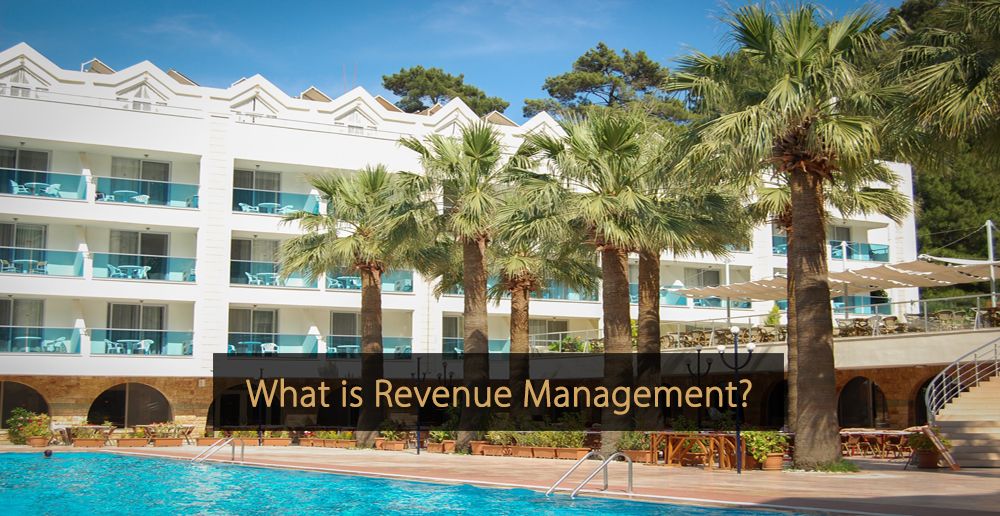
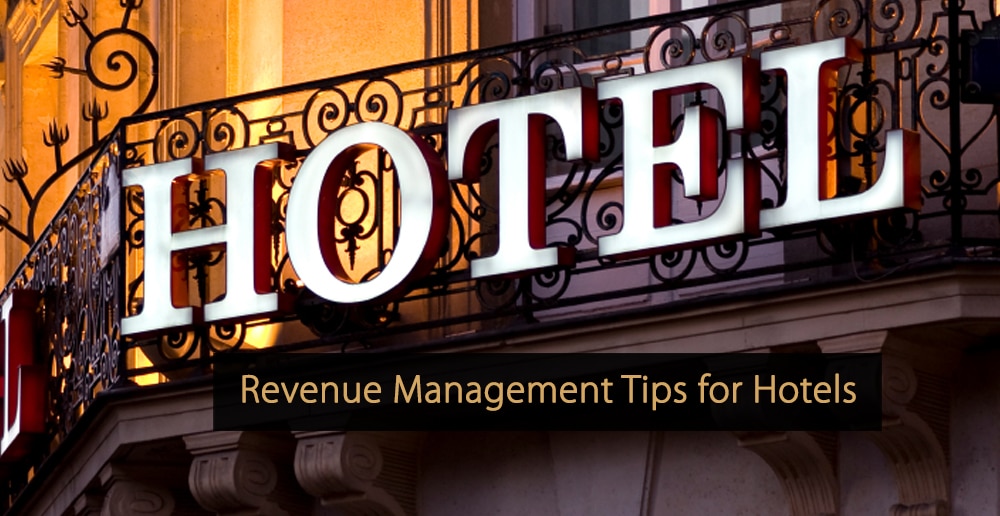
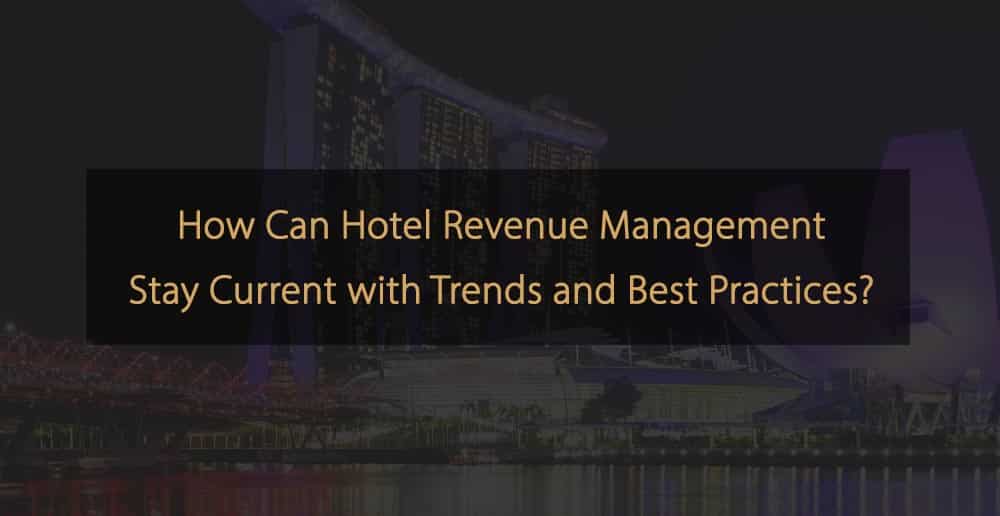
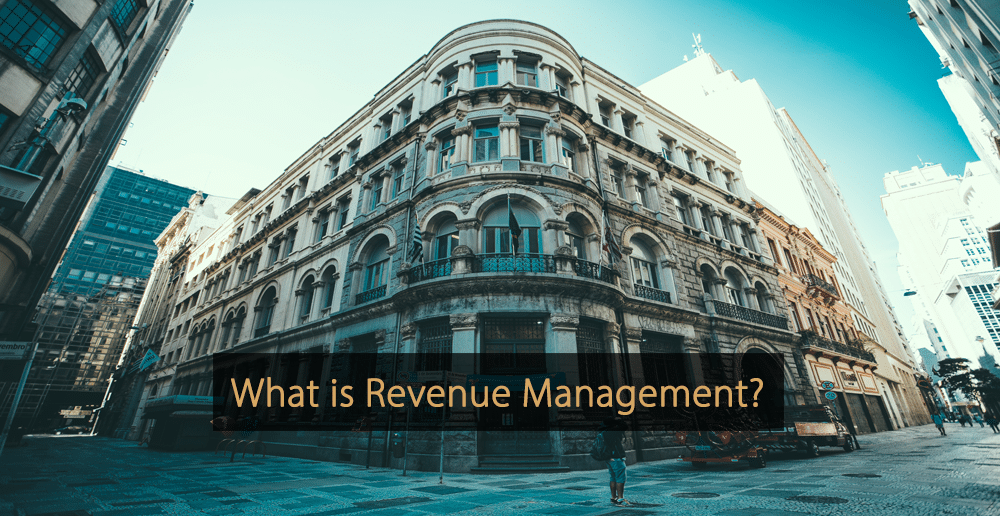

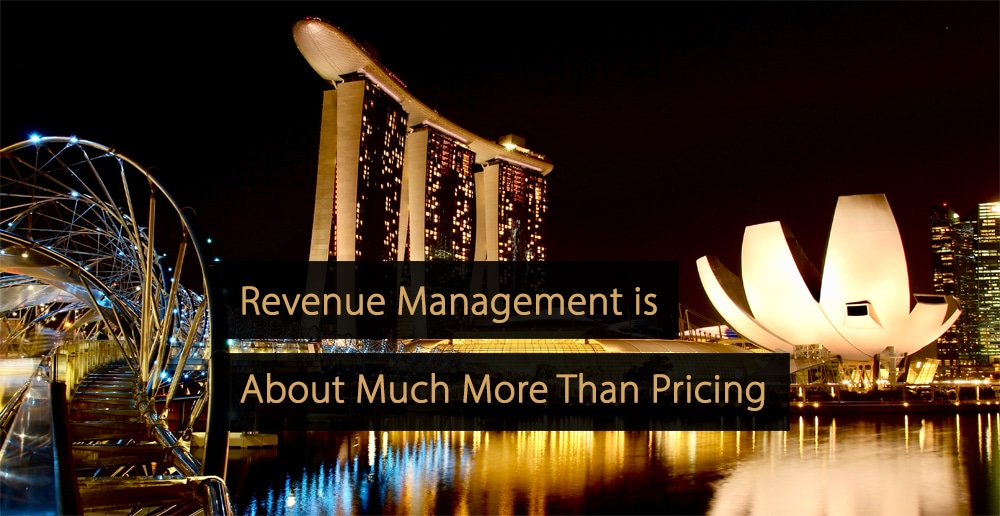
Leave A Comment